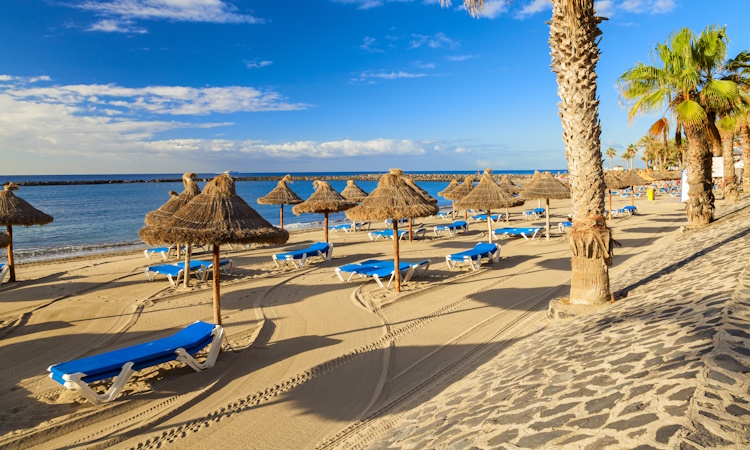
In the Canary Islands, especially in Tenerife and Gran Canaria, thousands of people demonstrated on Saturday against the consequences of mass tourism. According to the Spanish police, there were about 20,000 participants in the demonstrations. The activists themselves spoke of almost 50,000 people. The actions were announced last weekend, when a number of activists went on hunger strike in Tenerife. The demonstrations took place not only in the Canary Islands, but also on the Spanish mainland, in cities such as Madrid and Barcelona. On the walls was the slogan ‘Tourist go home’. There are reports that some holidaymakers have been shouted at. The activists emphasize once again that the protests are not directed against individual tourists. The aim is to reduce the number of visitors or at least the consequences thereof. The activists cite rising rents, housing shortages, mountains of waste and environmental pollution. According to critics, these are directly related to tourism. There is also criticism of the buying of homes by foreign tourists, who thus ‘steal’ houses from the local population and would contribute to an increase in purchase prices and rents, reports the German WDR. A similar problem is the rental of holiday apartments through platforms such as Airbnb and Booking.com. Protesters are asking the government for stricter rules and better supervision of the rental of holiday accommodation. They also believe that people without residency on the islands should not be able to buy a home. Banners in the larger cities carried slogans such as ‘The Canary Islands are not for sale’ and ‘Tourism increases my rent’. Among other things, the demonstrators argue for the levying of an environmental tax. Specifically, it demands that the construction of two new hotels in Tenerife be stopped. The government of the Canary Islands considers the demonstrators a minority and criticizes their “radical actions”. According to the government, tourists cannot be to blame for all the problems. About 40 percent of the inhabitants of the Canary Islands are employed in tourism, which accounts for 36 percent of the gross domestic product. In 2023, 16 million people visited the Canary Islands. That’s more than seven times the population of a total of 2.2 million. Of the 16 million visitors, almost 14 million come from abroad, mainly from Great Britain, Germany and the Netherlands. Another 2 million visitors come from Spain itself. (Photo Shutterstock).